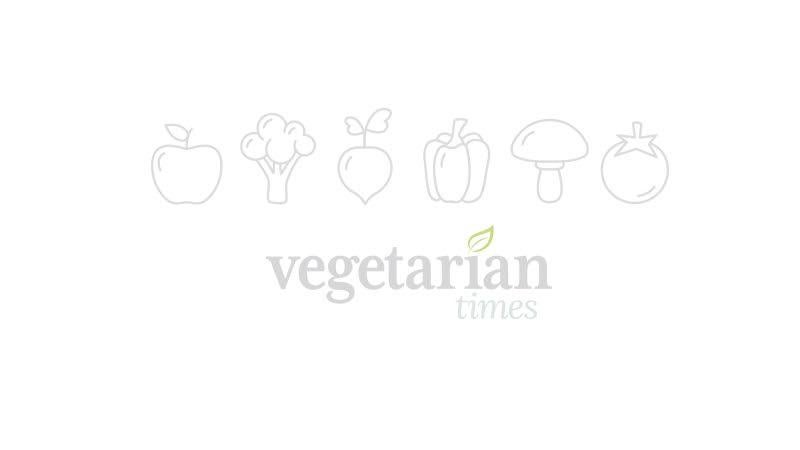Chew On These Natural Remedies

What are the two or three most beneficial botanical remedies for vegetarians? And why?
Great question. Although vegetarians may typically eat healthful diets, they’re not bulletproof—vegetarians are just as prone as meat-eaters to ailments such as urinary infections or arthritis.
Many natural remedies—used in addition to wholesome nutrition, not in place of it—are helpful for specific health concerns. For example, controlled studies have shown that ginger (whether you take it as the root, in capsules or in tea) reduces nausea from pregnancy or motion sickness. I’ve picked the following botanicals in particular because they’ve proven their value in repeated studies.
Cranberry protects against urinary infections. Yes, it’s an old folk remedy, but it works. In 1994, a convincing study at Boston’s Brigham and Women’s Hospital found that 153 women who drank one cup of cranberry juice daily had far fewer urinary infections than women who didn’t. And later studies have supported the little red berry’s power: In a 2002 study published in the Canadian Journal of Urology involving 150 women, those who took cranberry tablets or drank cranberry juice for one year had a significant reduction in urinary infections. Cranberries contain proanthocyanidins, which block bacteria’s ability to adhere to the bladder wall. Ditto for blueberries. And you don’t need any special brand or blend of cranberry juice.
As for garlic, it’s widely used as a cholesterol-lowering herb, but many studies of it haven’t been well controlled. If you have high cholesterol, garlic seems to have a modest effect on lowering it, but it’s unclear which type of garlic—fresh, powdered, aged garlic extract, etc.—is the most effective. However, the National Institutes of Health is studying the various forms of garlic now.
On the other hand, garlic may have a significant effect on cancer risk. For instance, in Gangshan county, China, where garlic consumption averages six to seven cloves per day, stomach cancer is 90 percent less common than in Quixia county, where garlic is rarely eaten. Although the effective dose of garlic isn’t precisely known, it is likely to be at least one or two cloves daily. And it turns out that garlic’s botanical relatives—onions, scallions, shallots, chives and leeks have much the same effect.
If osteoarthritis is holding you back, one remedy may be vegetarian glucosamine, which is made from corn, unlike typical brands made from shellfish. Although glucosamine’s ability to reduce joint pain varies from person to person, some people have found it helpful. You’ll find the VegLife brand at health food stores and others online.
I have high blood pressure, and kidney disease runs in my family. Will my vegetarian diet help me deal with both?
Yes! Vegetarian diets tend to lower blood pressure. Part of the credit goes to potassium—found in abundance in fruits and vegetables—which seems to lower blood pressure by helping the kidneys eliminate sodium and adjust blood pressure-regulating enzymes.
But there’s more: Vegetarian diets seem to reduce the viscosity (that is, the thickness) of blood so it flows more easily through blood vessels and needs less of a push from the heart. Ergo, lower blood pressure. The thinner blood is probably due to the low levels of saturated fat in vegetarian diets.
A meat-free diet makes life easier on your kidneys too. The kidneys contain millions of cells that filter and purify the blood. If they wear out—as they sometimes do when attacked by infections, diabetes or high blood pressure—you need dialysis to survive. But the less animal protein you eat, the better your kidneys hold up, according to researchers who have been tracking thousands of women for years during the ongoing Harvard’s Nurses’ Health Study. Meatheavy diets overtax the kidneys and gradually kill off the kidney cells (called nephrons). When animal protein breaks down in the body, it produces waste products that strain the filtering power of the kidneys.
If you’ve already lost some kidney function, you’re more vulnerable to the nephrondamaging effect of a meatfilled diet. A surprisingly large number of people have already lost some kidney function without being aware of it.
More than 40 percent of people with high blood pressure or diabetes have at least mild kidney impairment. Avoiding animal protein is an important step for staving off further damage. Vegetarians rejoice: The damage comes only from animal protein, not plant protein, which you can enjoy in abundance in soy, beans and more.